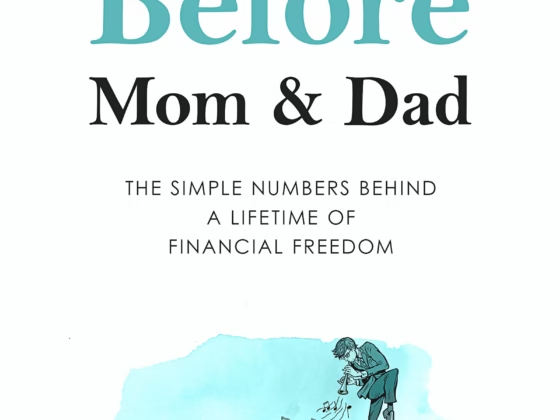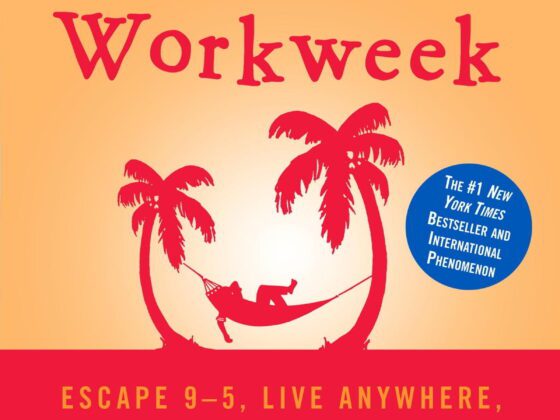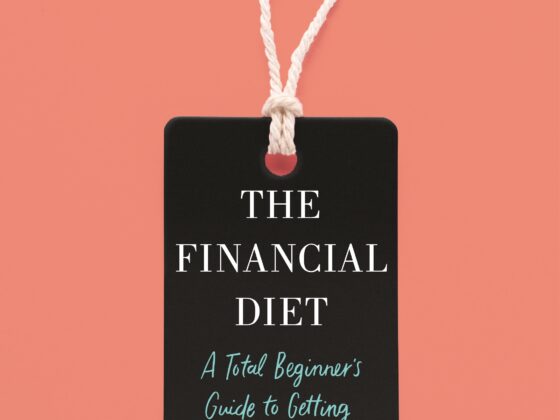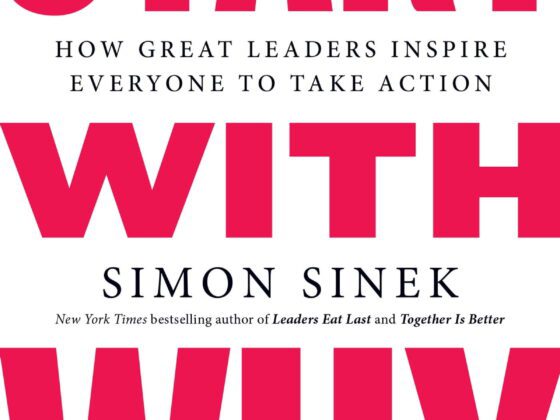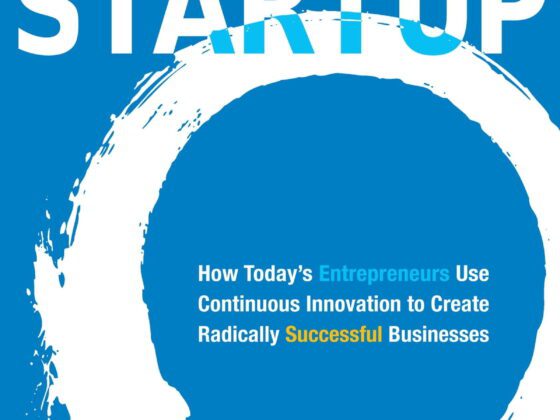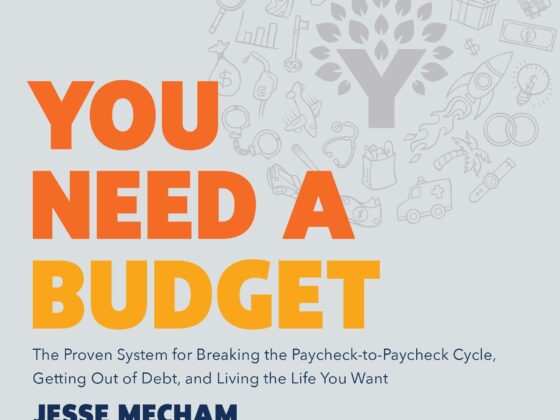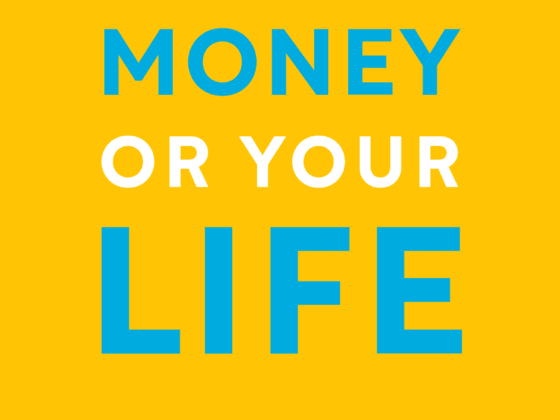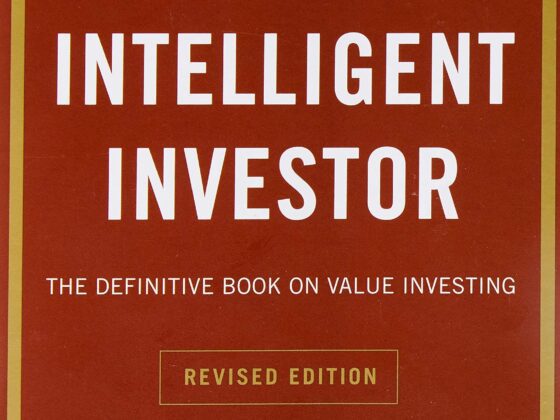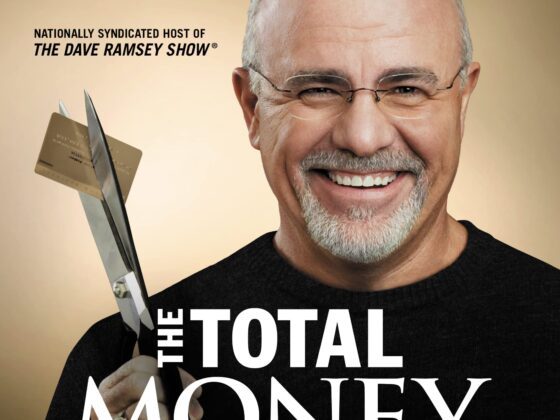Get Good with Money by Tiffany “The Budgetnista” Aliche is a refreshing, empowering, and deeply practical guide to building long-term financial wellness. Aliche, a former preschool teacher turned financial educator, has become a go-to voice for millions seeking a simple but powerful framework for money management. Her philosophy? You don’t need to be rich to be financially whole—you just need a plan.
The book is built around ten core principles—what she calls the “10 Steps to Financial Wholeness”—that touch every aspect of your financial life: from budgeting and saving to insurance and estate planning. While many personal finance books swing heavily toward either mindset or aggressive investment strategy, Get Good with Money strikes a rare balance of emotional awareness, strategic planning, and actionable steps.
This book is especially resonant for readers in Asia and the Middle East, where financial literacy often isn’t taught early, and cultural expectations around money can be complex. Whether you’re earning in dirhams, rupees, or riyals, the universal frameworks in this book apply.
5 Key Ideas or Takeaways
1. Financial Wholeness Is Better Than Financial Freedom
“Financial wholeness is when all parts of your financial life are working together for your greatest good.”
Rather than chasing the elusive dream of total financial freedom, Aliche encourages readers to focus on wholeness—being in control of your money across all domains. This reframing is powerful. It suggests that peace of mind comes not from extreme wealth, but from balance. It made me reconsider whether I was prioritizing high returns at the expense of insurance, wills, or even giving.
2. Budgeting Is Not a Jail Sentence
“A budget is not punishment. It’s permission to spend without guilt.”
Aliche’s approach to budgeting is grounded in joy and clarity—not restriction. Her method, the ‘Money Plan,’ helps allocate funds across needs, wants, savings, and giving. For many readers in regions where money conversations are still taboo, this offers a liberating perspective: budgeting is a form of self-care, not deprivation.
3. Get Real About Your Numbers
“You can’t fix what you won’t face.”
The book repeatedly stresses the importance of facing the numbers: debts, income, expenses, and credit scores. In cultures where saving face often trumps transparency, this hit hard. Financial growth starts with radical honesty. Aliche even includes worksheets to help readers tally everything without shame.
4. Don’t Sleep on Insurance and Estate Planning
“Preparing for the worst is one of the kindest things you can do for those you love.”
This part of the book is a wake-up call. While many of us in the Middle East or Asia are focused on earning and saving, few prioritize life insurance, health cover, or writing a will. Aliche makes a compelling case: true financial wellness includes protecting your future self—and your family.
5. Service Is Part of the Wealth Journey
“You have more to give when your cup is full.”
One of the most moving aspects of Get Good with Money is its emphasis on community and service. Aliche believes that building wealth should not be a solitary game. This resonated with our collectivist cultures in Asia and the Middle East, where helping others is deeply valued. The idea that generosity is part of financial wholeness—not a luxury for the rich—is both empowering and refreshing.
Action Plan: 5 Things to Do After Reading
1. Audit Your Financial Wholeness
Use Aliche’s 10-step checklist to rate yourself across budgeting, credit, savings, debt, insurance, and more. Identify your weakest areas—and start there.
2. Build Your ‘No Shame’ Budget
Set up a budget that gives you guilt-free room to spend, save, and enjoy. Use local banks’ budgeting apps or spreadsheets to adapt her “Money Plan” for your currency and lifestyle.
3. Schedule a ‘Money Date’ Monthly
Block off one hour a month to review your finances. This could include checking your credit report (yes, they exist in Dubai and India!), updating goals, or even having a money talk with your partner.
4. Get Your Insurance and Will in Place
Talk to a licensed advisor or lawyer locally to get basic life insurance and a simple will drawn up. It’s cheaper and easier than you think—and you’ll sleep better for it.
5. Join or Start a Money Circle
Gather 3–5 friends or colleagues and start a monthly discussion on money goals. It could be a WhatsApp group or coffee meetup—accountability is a game changer.
Get Good with Money isn’t flashy or filled with promises of overnight wealth. That’s exactly what makes it essential. Tiffany Aliche gives readers a realistic, nurturing, and practical map toward financial wellness—without jargon or shame. For semi-savvy professionals in Asia and the Middle East, this book is a bridge between knowing better and doing better.
Highly recommended for anyone ready to actually get their financial life in order. Not perfect? No problem. This book meets you where you are.
Who Should Read This Book?
This book is ideal for:
- Young professionals who want to build a solid financial foundation
- People recovering from debt or financial missteps
- Couples trying to align their financial goals
- Early-stage investors who want holistic financial health
- Anyone feeling overwhelmed by where to start
If You Liked This Book, You Might Also Like:
- The Psychology of Money by Morgan Housel — a brilliant dive into why we think the way we do about money.
- Your Money or Your Life by Vicki Robin — a foundational guide on aligning money with your values.
What Now? Start by asking yourself: “Which part of my financial life feels most out of sync?” Then pick one action from this list and tackle it this week. Financial wholeness isn’t built overnight—but it is built.
And that’s worth getting good at.



